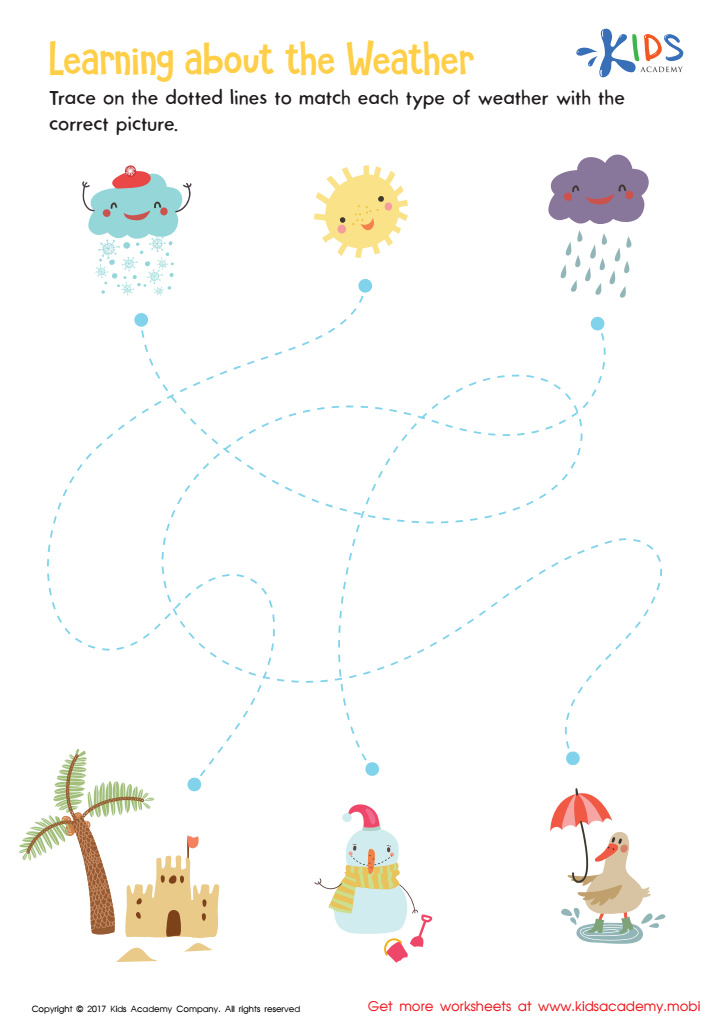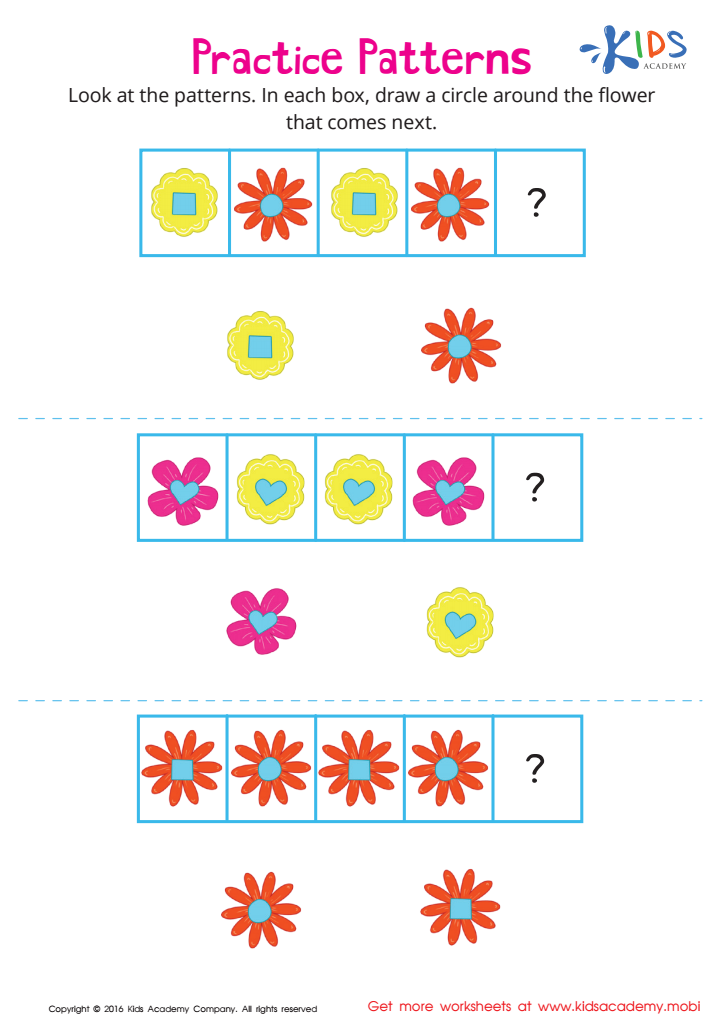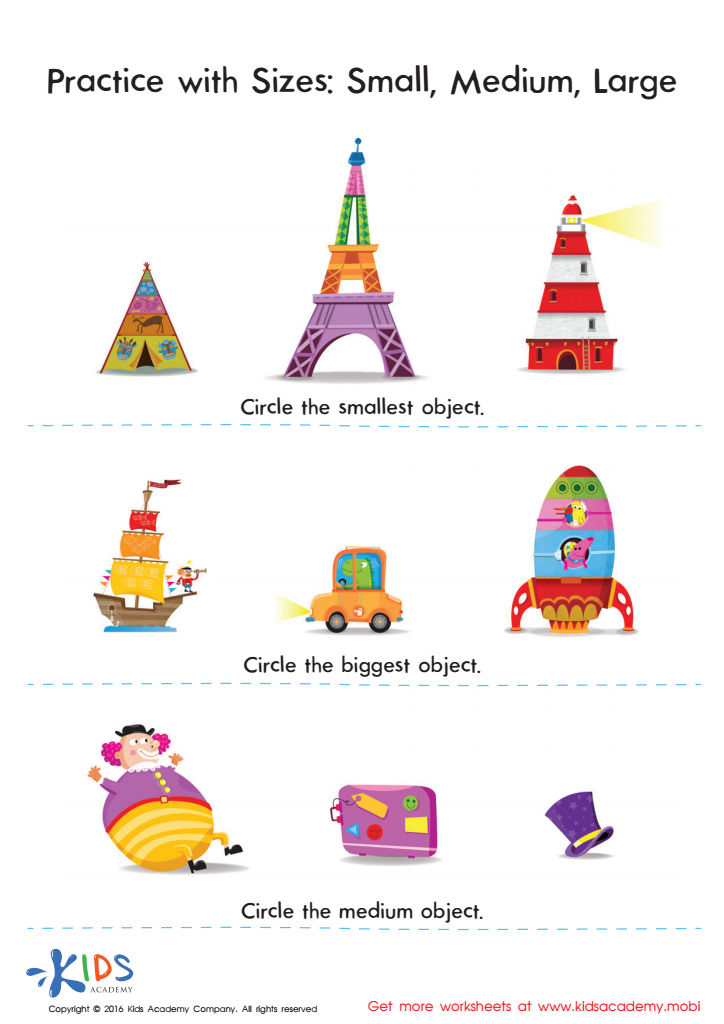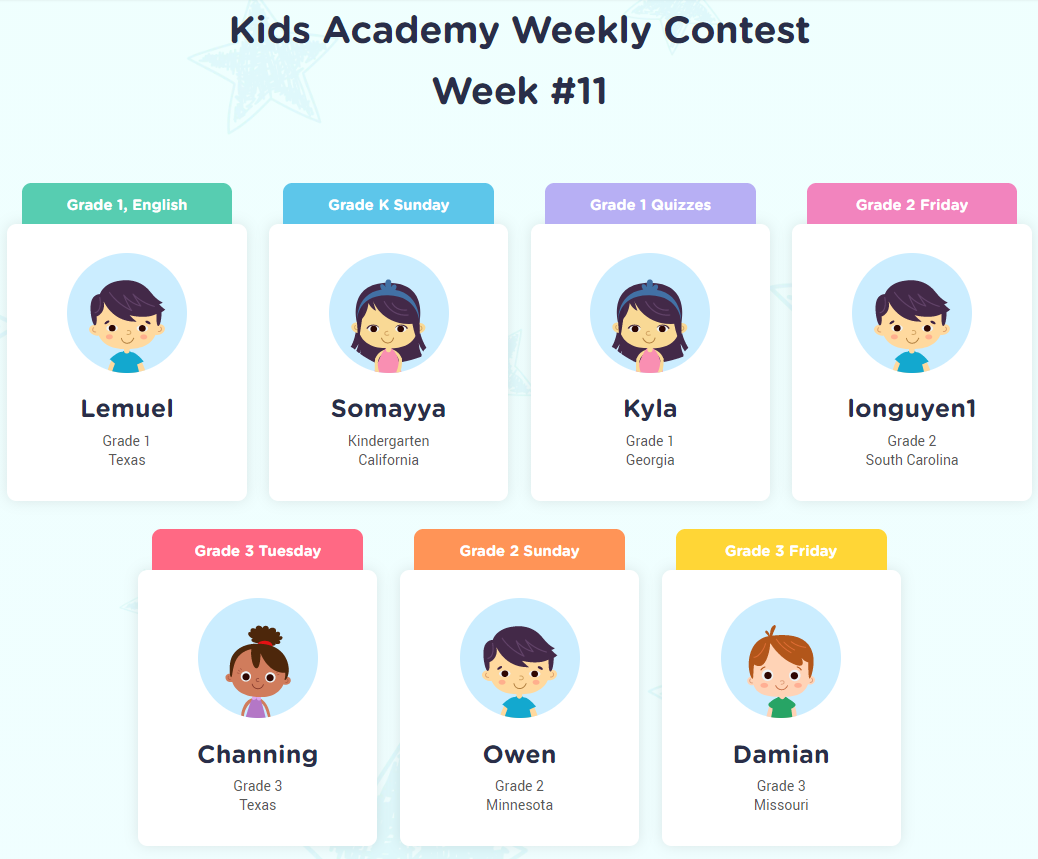Normal Logical Thinking worksheets activities for Ages 5-8 - Page 3
57 filtered results
-
From - To
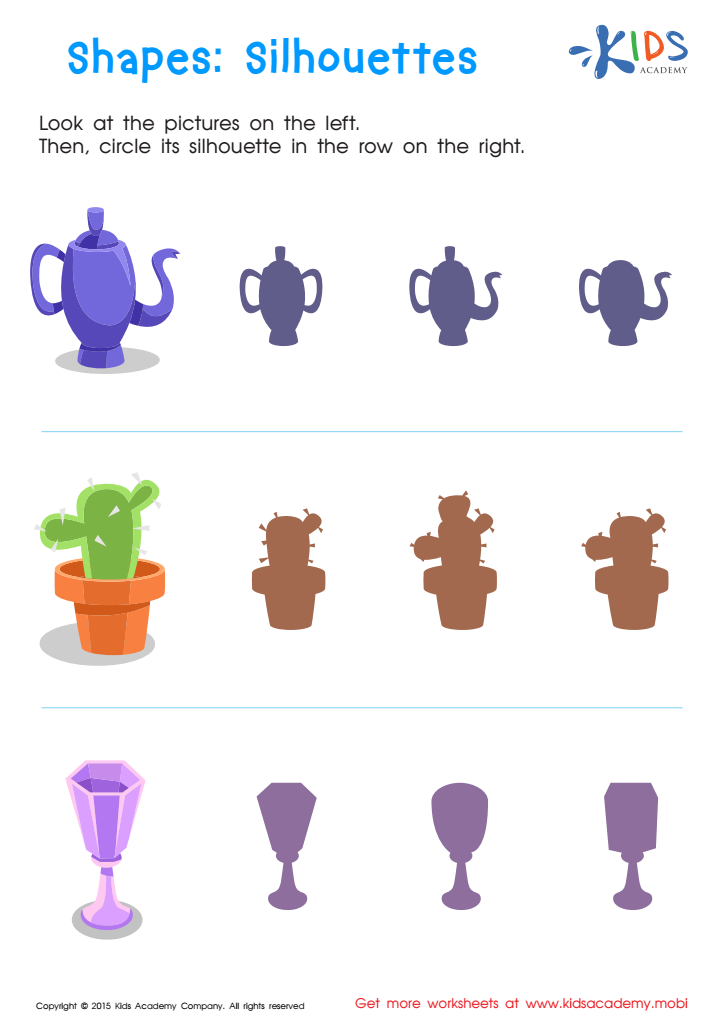

Silhouettes – Shapes Worksheet
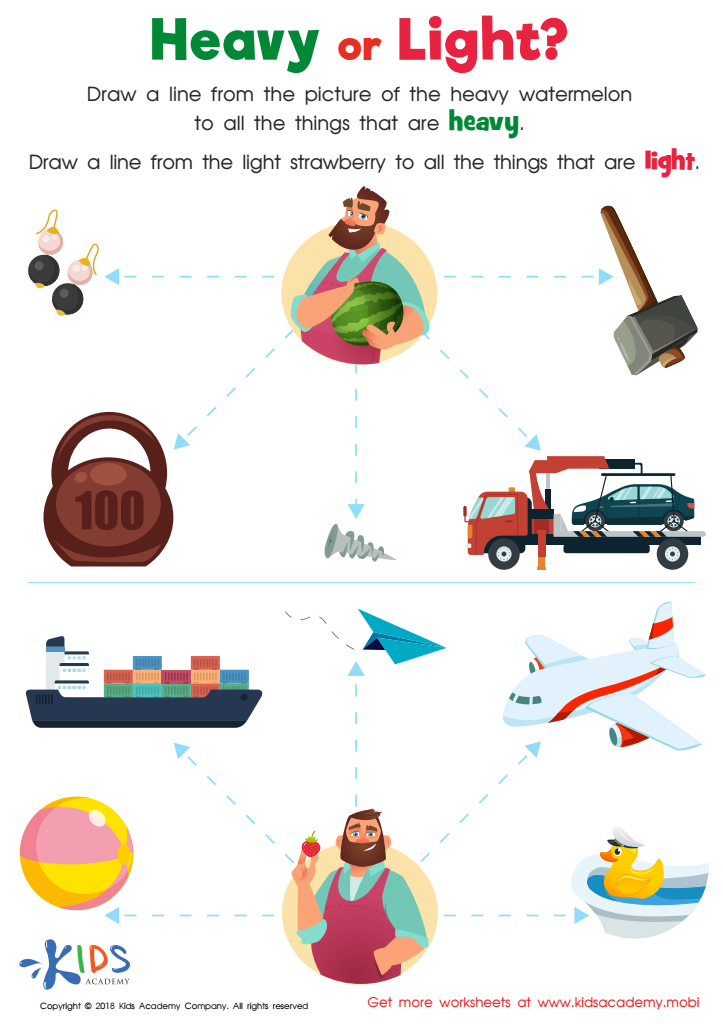

Heavy or Light? Worksheet
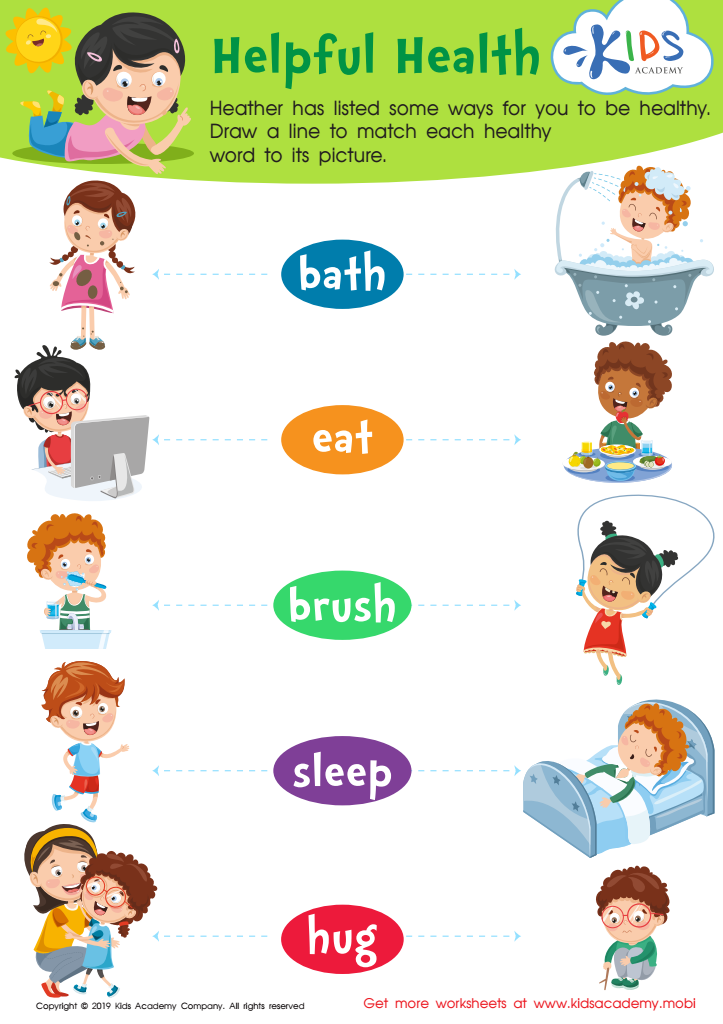

Helpful Health Worksheet
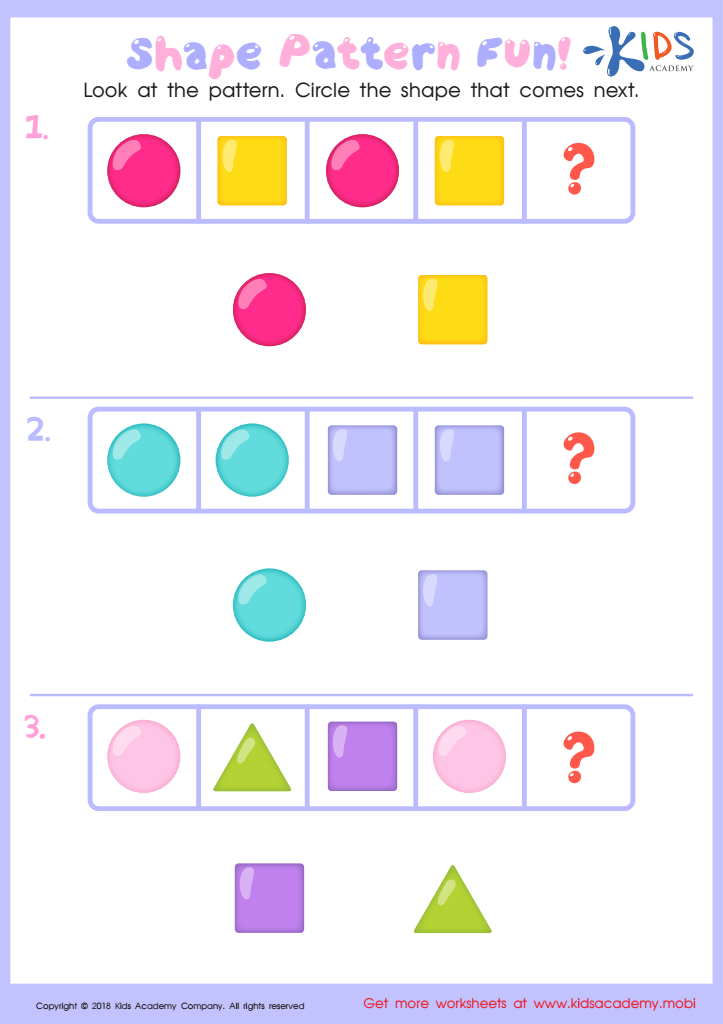

Shape Pattern Fun Worksheet
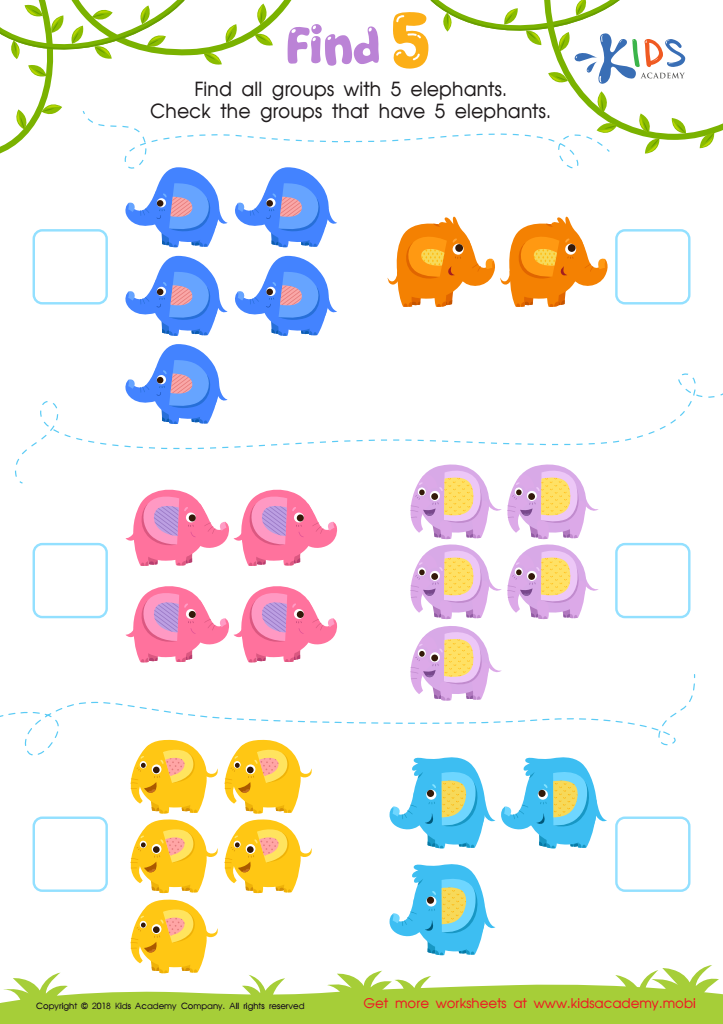

Find 5 Worksheet
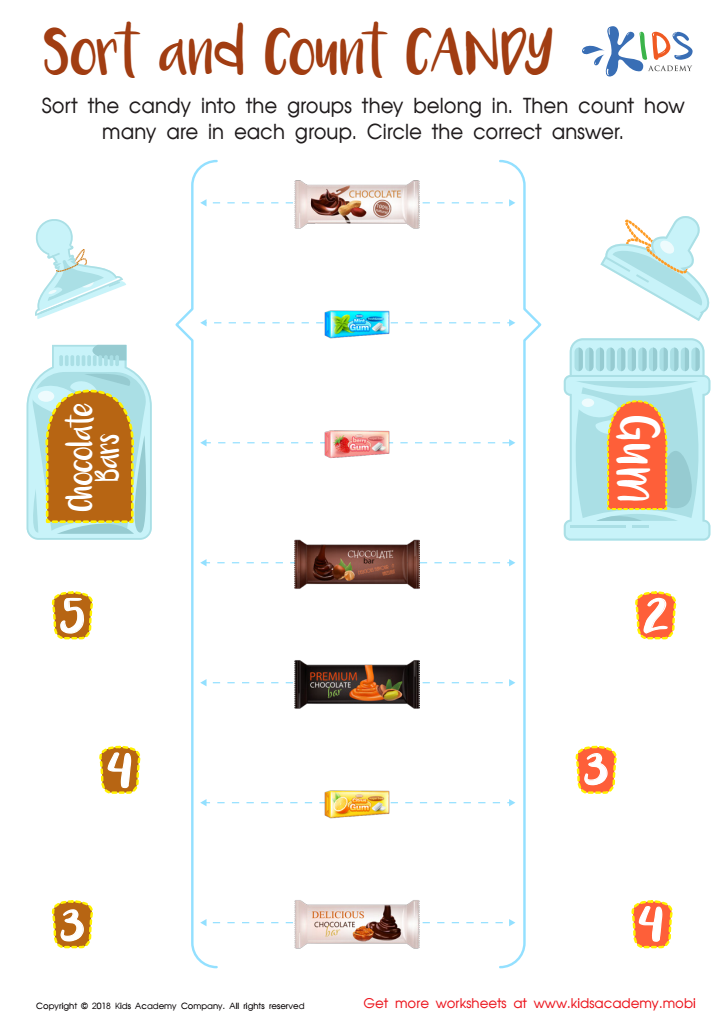

Sort and Count Candy Worksheet
Parents and teachers should prioritize Normal Logical Thinking activities for children aged 5-8 because they serve as foundational building blocks for critical thinking and problem-solving skills. At this age, children are naturally curious and eager to explore their environment, and engaging in logical thinking activities helps channel that curiosity in constructive ways.
These activities, such as simple puzzles, sequencing games, and classification tasks, promote cognitive development by encouraging children to identify patterns, make connections, and understand cause-and-effect relationships. As children learn to think logically, they also develop the ability to analyze situations, weigh options, and make informed decisions—skills that are crucial throughout their education and life.
Moreover, logical thinking activities foster independence and confidence as children learn to tackle challenges on their own. This also enhances their social skills when they collaborate with peers, teaching them the value of teamwork and diverse perspectives.
Ultimately, investing time in Normal Logical Thinking activities not only boosts academic performance but also equips children with essential life skills. By nurturing these competencies during early childhood, parents and teachers can significantly shape children’s future success, helping them become thoughtful, capable individuals in an increasingly complex world.
 Assign to My Students
Assign to My Students

